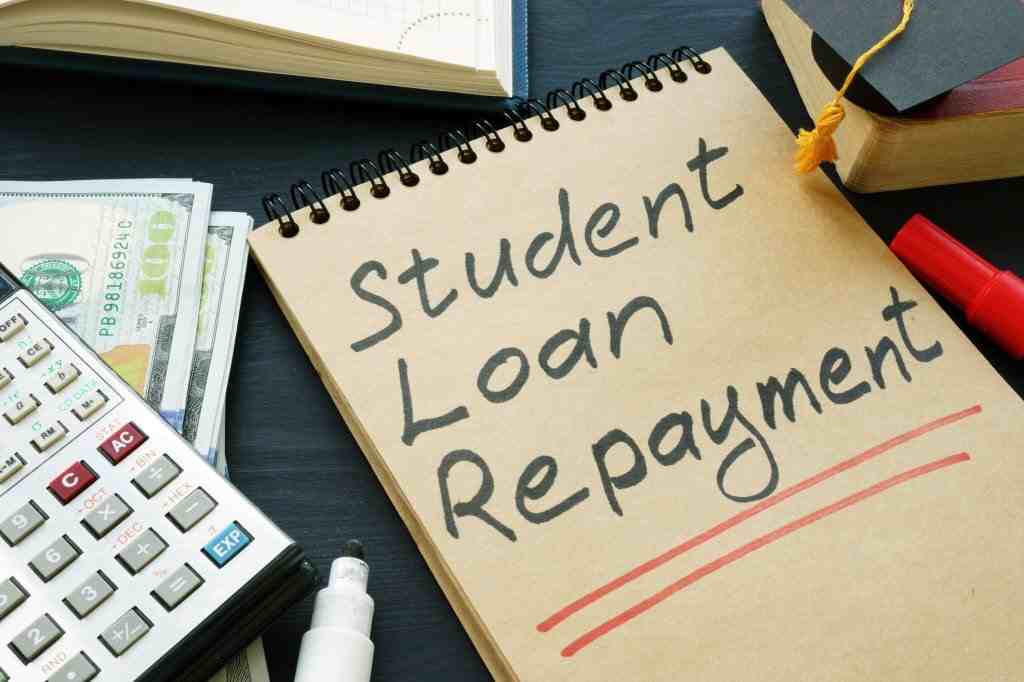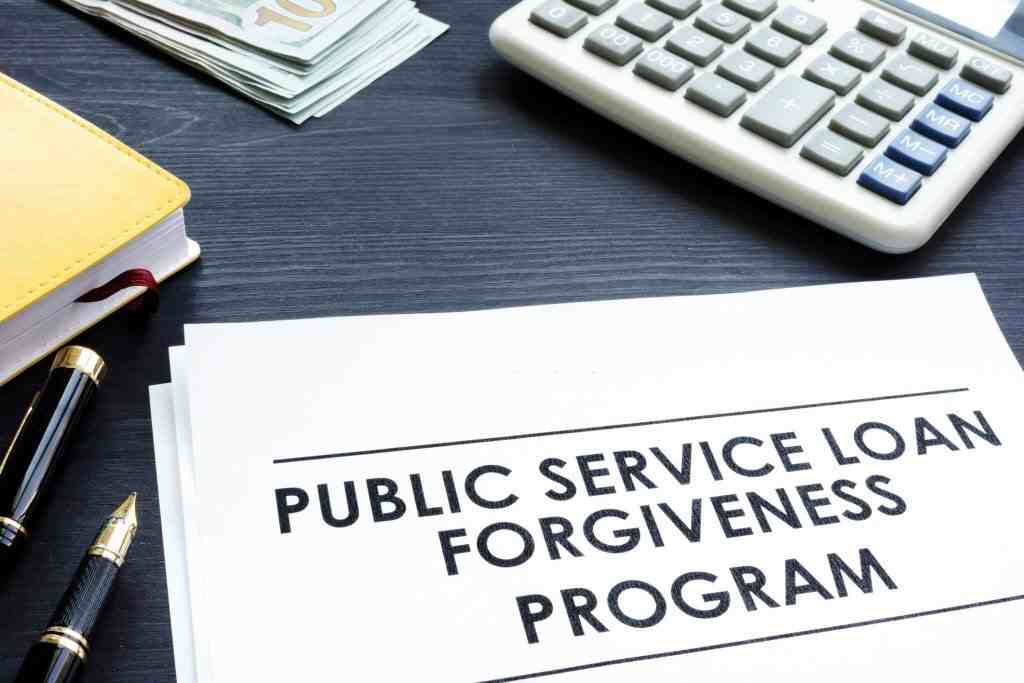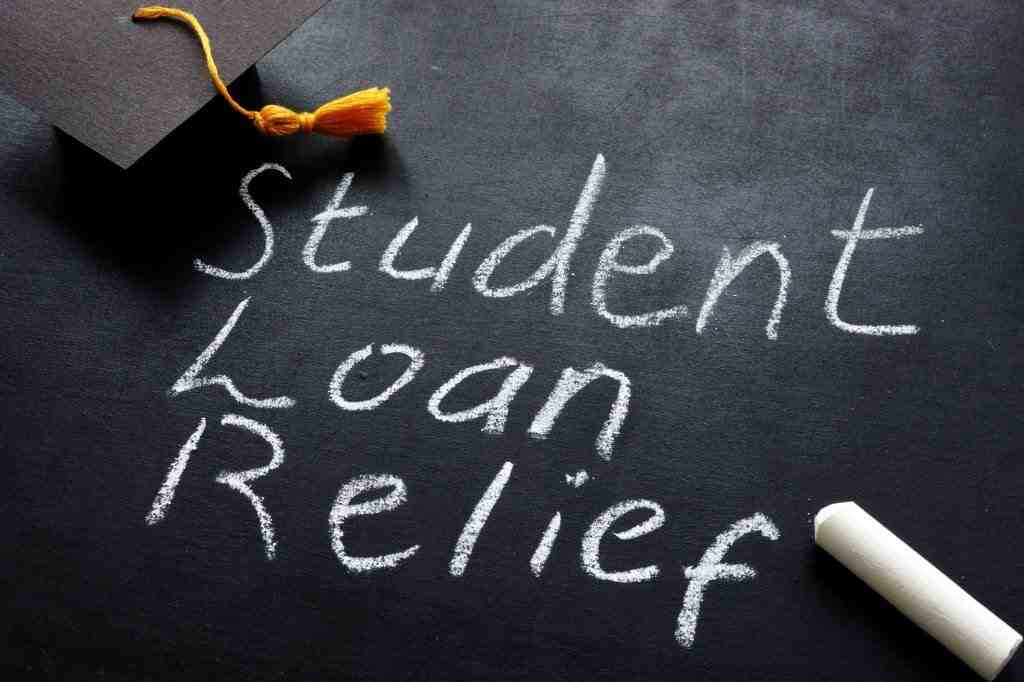Nobody likes to pay off student loans. It might put a strain on your finances, preventing you from achieving your full potential in life.

You might find that the best option isn’t necessarily to put additional money into your student loans in every scenario. Examine the situations where paying off your debt sooner may not be a good idea and learn about some repayment techniques if you decide to pay off your loans early.
1. Pay more than the minimum payment

The most basic method of repaying your student loans is to pay more each month. But we understand that’s not always easy.
You don’t always have to pay double or triple; maybe you can only afford to pay $20 or $50 more every month. Whatever is possible — do it! Any amount that you can pay over the minimum will help reduce your student loan debt sooner. Just make sure your loan servicer is applying your extra payments correctly to your loan principal, and not towards future interest payments. Lastly, as time goes on and hopefully allows, increase the extra amount you’re paying each month.
Use the student loan payoff calculator to see how increasing your monthly payments can impact the total cost of your loan and how much interest you’ll save. You can also use the slider to see how changing your payment amount affects when you will pay off your debt.
2. Establish a college repayment fund

If you don’t trust yourself to extra money towards your student loans every month, set up automatic withdrawals from your checking account into a separate savings account that is only for college debt. Automatically transferring funds is effective since the temptation to spend it on unnecessary things will be gone. You also won’t have to think about manually making payments each month.
Paying off your college debt can be difficult, but there are ways to make it easier. Firstly, set up a specific bank account for this purpose so that you’re not as tempted to use the money elsewhere. Secondly, do some research and find high-yield savings account in order to maximize your returns.
3. Start early with a part-time job in college

One approach to keep college debt in check is to get a part-time job while attending school; you may use your earnings to help you pay down your debt faster.
Let’s assume you’re able to work a part-time job that allows you to save $500 each month. In a year, that’s $6,000 you may use to pay off your debts. Furthermore, without affecting your eligibility for need-based financial assistance, you can earn up to $7,040 annually.
Check your school’s resources or career center to see if they’re looking for any on-campus openings. On-campus employment is typically more understanding of odd or hectic class hours.
4. Consider refinancing

If you’re unsure of how to pay off your student loans rapidly, it may be because you’re accruing too much interest.
In this situation, you might want to explore refinancing your student loans for a lower interest rate, a shorter repayment period, or both. While refinancing federal loans with a private lender will result in some federal benefits being lost, it may also enable you to pay off your debt faster.
The key to this strategy is perfect timing. Your credit score usually hits an all-time low right after you graduate, so the interest rates being offered will be higher than normal. Also, many lenders need some type of income or employment history before they’ll approve you for a loan. Therefore, you must compare multiple lenders to get the best rate possible.
You may refinance your loans numerous times, which might be useful if your credit score or yearly income increases dramatically.
5. Seek Out Loan Forgiveness and Repayment Options

If you’re struggling to repay your student loans, you may be eligible for federal loan forgiveness. Some programs can forgive all or part of your remaining loan balance if you work in certain public service jobs, teach full-time at an eligible school, or serve in the U.S. military.
If you fit the requirements, nearly all of these programs have specific qualifications that you must meet. If you believe you may qualify, do some research to see if any of them are right for you. Also, find out whether your workplace offers student-loan repayment assistance for its workers. Many do!
6. Make extra payments whenever you can

Consider making additional payments if you’re going to pay more on your monthly bill. This may be rather simple if you have extra money on hand.
- If you received a check from your grandma for your birthday, why not put it towards your loans? You’ll be one step closer to becoming debt-free!
- When you receive a one-time bonus from your employer for performing well, put that money towards your loans.
- Tax refund? Put it toward your loans.
By diligently paying off your loans now, you’ll pay less in interest down the road and will have extra money to spend as you please.
7. Lower your interest rate through discounts

If you make automatic payments on your loan, you may get a 0.25% to 0.5% reduction from most lenders.
If you have private student loans, reach out to your lender and inquire about any chances for interest rate deductions or discounts. Also, some private lenders offer other opportunities for interest rate cuts if criteria like making a set number of timely payments or taking out another loan with the same company are met.
8. Use Windfalls

Consider redirecting your windfalls to pay off your student loans if becoming debt-free fast is your primary objective. Unanticipated cash, such as tax refunds, bequests, and work bonuses are all examples of windfalls. Every time you receive a sum of money that you weren’t expecting, it’s a windfall.
When you come into a sum of money that wasn’t expected, think about how much to put towards your loans. How much you want to use from the windfall varies and is dependent on other things happening in your life like upcoming expenses or goals. Make sure any pressing needs are taken care of first, or if it makes more sense given your current situation, add to your emergency fund. The leftover money can go towards extra payments for your student loans.
9. Search for Found Money

“Found money” is cash that you are legally allowed to claim but haven’t done so yet. There might be unclaimed money from old bank accounts, government agencies, insurance policies or previous employers waiting for you. You can use official government websites to search for this type of found money.
No matter how long you resided in a state or who you lived with, check for unclaimed money from every state you’ve ever lived in. For example, if you got married, look for money owed to both yourself and your partner. Also, keep in mind that even after someone passes away,you may still be able to claim found money under their name if they left it to you inheritance-style.
